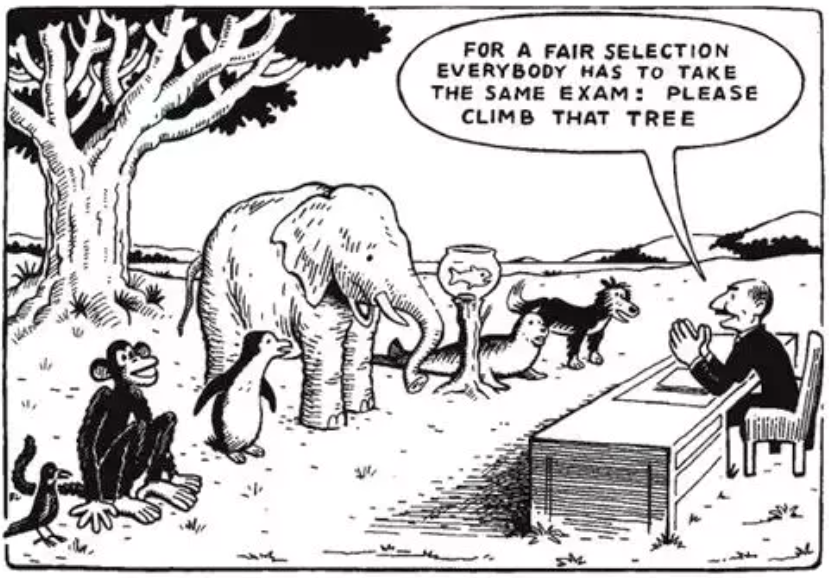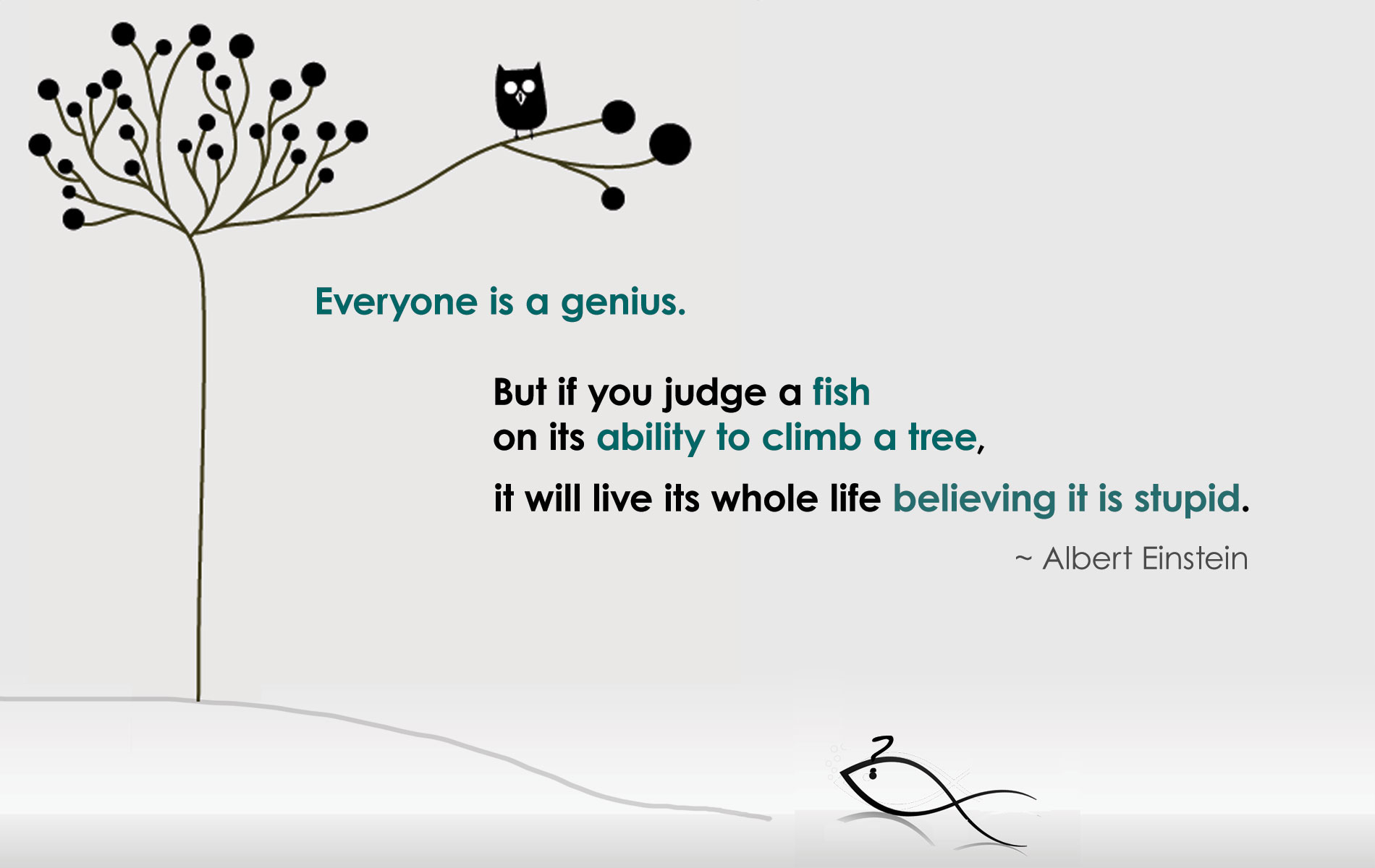Having Taught Versus Having Learnt
Concept
During orientation, one of the first concepts shown to us Student-Teachers (ST) is a comic strip depicting a conversation between two characters. For illustration, let’s call them Adam and Brian.
Adam: Brian, I heard you recently taught your dog how to whistle to the tune of “Twinkle Twinkle Little Star”.
Brian: Yes, I did.
Adam: Could you have your dog show me how it whistles?
Brian: Sure.
Brian proceeds to bring his dog in front of Adam and commanded it to whistle. The response of his dog was a loud and clear bark.
Dog: Woof!
Adam: I thought you taught your dog how to whistle?
Brian: I never said it learnt.

Having taught as an external vendor trainer in my local public schools for about seven years in the private sector, and having observed many teachers from both private and public sectors, I have come to a sobering conclusion:
A skilled musician does not necessarily translates to a skilled teacher.
“Just because you covered it, it doesn’t mean they learned it.”
– Jennifer, Cult of Pedagody
“Everybody is a genius. But if you judge a fish by its ability to climb a tree, it will live its whole life believing that it is stupid.”
– Albert Einstein

To ask a fish with no limbs to climb a tree like a monkey is asking for the impossible. A mustard seed planted yesterday cannot be expected to grow into a tree overnight. Regardless of the potential of a learner, whatever of the debate of ‘nature versus nurture’, some things simply require time for development. Hence, the need for Scaffolding1and Differentiated Instructions (DI)2.
Anecdote
Here is an example of my personal experience. I ever learnt under a professor known for his deep music theory mastery.
Of the eight pupils in my batch, some have masters certification in their instrument, and most were able to sight-read scoresheets since they were trained since young to perform on the piano. Being a guitarist who was largely self-taught, even my ABRSM Music Theory Grade 5 was acquired only in less than three years. I was apparently disadvantaged when that teacher expounded concepts beyond Music Theory beyond at a tertiary level.
I felt as if I was dyslexic since I had to copy his examples and scribble my notes during class only to review them later by referring to the textbook at my own time. I had had to spend extra time to write the note names letter by letter within the treble and bass clefs in order to follow along the lessons. I was hungry and willing to learn but he was teaching too fast and too deep for my pace of learning. That made me felt inadequate and discouraged me very much.
All in all, it turned out that I was not the only one having to frequently refer to the textbook and consult each other in the midst of our ten other modules happening in the same semester. It felt as if I was learning a grade 8 theory when I only had the foundation of grade 5 theory.
My experience from that module reinforced my belief that not all subject content experts are experts in imparting their knowledge.
The subject content expert may not necessaily be the expert communicator of the subject content.

Footnotes
- Scaffolding refers to the transference of knowledge and skillset with the help of a more knowledgeable other through a process of expanding the zone of proximal development (ZPD). The idea was made famous as derived from Vygotsky.
- Differentiated Instructions (DI) refers to the adaptation of lesson experience to cater to the unique learning needs of individual students. The idea was made famous as derived from Tomlinson.

